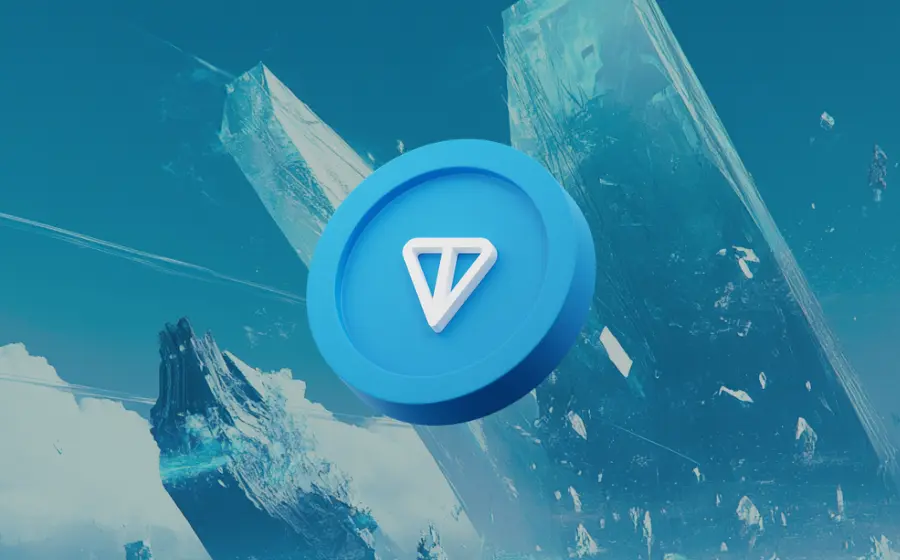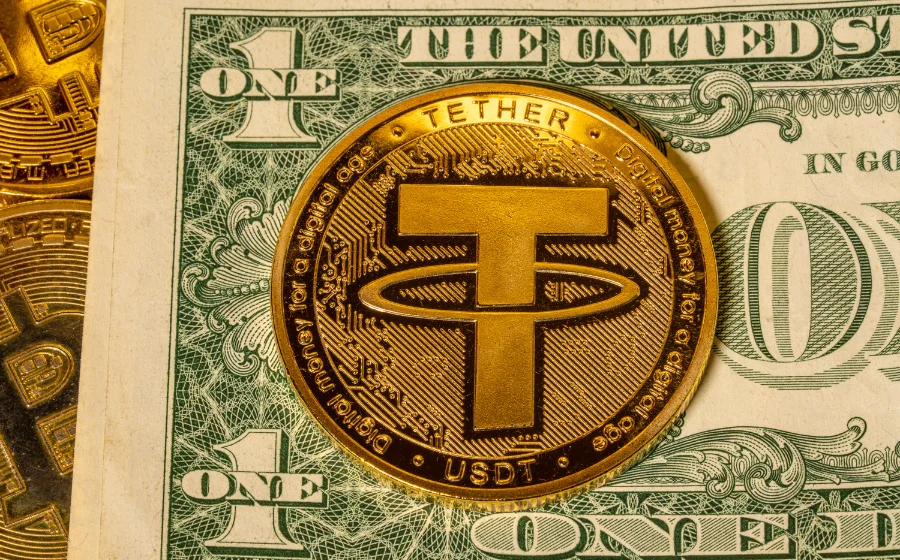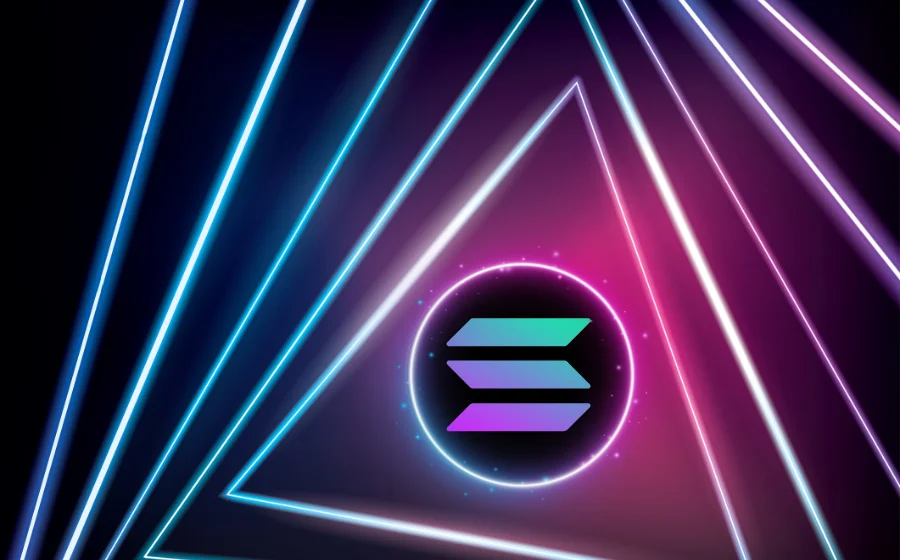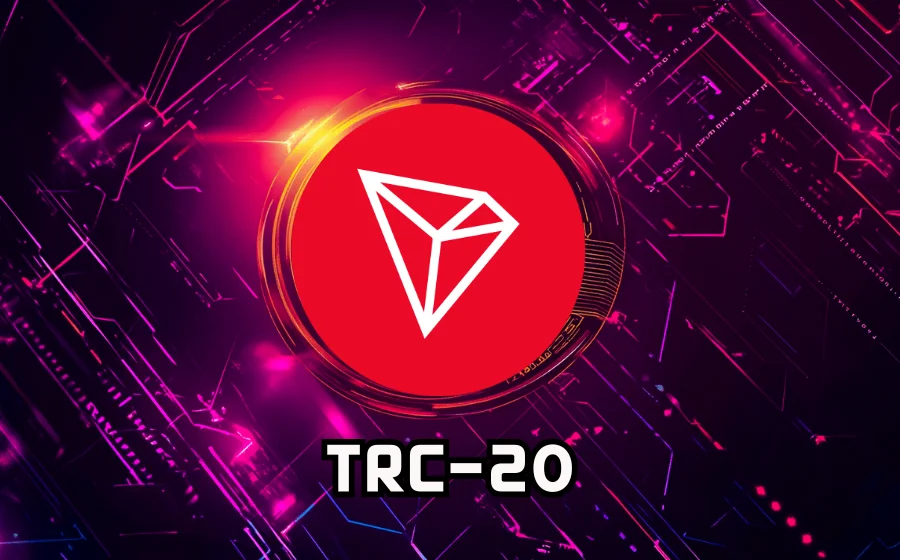
KEYTAKEAWAYS
- IDO provides a decentralized fundraising method, offering instant liquidity, open participation, and reduced entry barriers for both investors and projects.
- While IDO offers accessibility, it lacks regulatory safeguards, such as KYC and AML, increasing risks for investors in terms of compliance and project legitimacy.
- Finding IDO opportunities involves monitoring project communities, DEX platforms, and token launch tracking websites to stay updated and participate effectively.

CONTENT
Learn what IDO (Initial DEX Offering) is, how it works, its advantages, disadvantages, and where to find upcoming IDO opportunities to participate in decentralized token sales.
WHAT IS IDO?
IDO (Initial DEX Offering) is a token issuance model conducted on a decentralized exchange (DEX), similar to the traditional Initial Coin Offering (ICO).
Unlike centralized exchanges, IDO takes place on a DEX, offering greater transparency, decentralization, and several key benefits for investors.
In centralized exchanges, buy and sell orders may not always be executed immediately, as the matching process is controlled by the exchange and depends on market conditions.
On the other hand, DEXs utilize smart contracts to automatically create liquidity pools and add specific trading pairs.
When users place a trade, the smart contract executes it instantly, ensuring that all buy and sell orders are fulfilled without relying on third-party intermediaries.
Additionally, investors can contribute their assets to liquidity pools and earn rewards in return.
These rewards typically come from a share of the transaction fees generated within the pool, providing an additional revenue stream and enhancing market liquidity and stability.
In summary, IDO leverages decentralization to enable instant transactions, open market participation, and direct investor involvement in liquidity management.
It has become a significant fundraising method for emerging blockchain projects.
>>> More to read: What Is ICO? A Beginner’s Guide
HOW DOES IDO WORK?
IDO utilizes decentralized exchanges (DEXs) to facilitate token sales. The project team provides their tokens to the DEX, and users contribute funds through the platform.
The final distribution and transfer of tokens are automatically handled by the DEX via smart contracts on the blockchain, ensuring transparency and security.
Although different DEXs may have their own IDO rules and procedures, the process generally follows these common steps:
1. Project review and token allocation
After undergoing a review process, the project is approved to launch an IDO on the DEX.
The team offers a fixed supply of tokens at a set price, and users lock in their funds in exchange for these tokens. The tokens are then distributed during the Token Generation Event (TGE).
2. Investor whitelist mechanism
Many IDO events include an investor whitelist to ensure fair participation.
Users may need to complete marketing tasks (such as social media engagement or promotional activities) to gain access, or they might simply need to provide their wallet addresses.
3. Liquidity pool creation
A portion of the funds raised is allocated to establishing a liquidity pool on the DEX to facilitate token trading, while the remaining funds are provided to the project team for development purposes.
Typically, the liquidity is locked for a certain period to prevent market manipulation and excessive price fluctuations.
4. Token Generation Event (TGE) and trading initiation
During the TGE, tokens are officially distributed to users, and the liquidity pool is opened, allowing free trading of the tokens on the DEX.
Through these steps, IDO offers blockchain projects a decentralized, efficient, and transparent fundraising method, while investors gain early access to promising projects and potential returns.
>>> More to read: What is IGO in Crypto?
IDO ADVANTAGES
✎ No need to directly trust the project or its smart contracts
Investors participating in an IDO do not need to directly engage with the project team or trust their smart contracts.
Reputable IDO platforms have successfully conducted multiple token sales, and if the same smart contract mechanism is used, investors can have a certain level of confidence in the issuance’s security and reliability.
✎ Immediate liquidity
IDO allocates a portion of the raised funds to liquidity pools, ensuring post-sale market liquidity.
This helps to reduce slippage and market volatility, allowing investors to trade tokens in a more stable environment.
✎ Low participation barriers and no registration required
To join an IDO, investors only need a crypto wallet and sufficient funds—no need to provide personal information or go through lengthy registration processes.
This makes IDO highly accessible to users worldwide. However, the lack of KYC (Know Your Customer) and AML (Anti-Money Laundering) procedures could also be seen as a potential risk.
✎ Cost-effective and accessible for smaller projects
For emerging or lesser-known projects, conducting an IDO via a DEX is much easier and more affordable compared to listing on large centralized exchanges.
This lowers the entry barrier and provides more opportunities for innovative projects to access funding.
✎ Anti-whale measures
Many IDO platforms implement anti-whale mechanisms to prevent a single investor from purchasing a large number of tokens.
This ensures a fairer token distribution and protects retail investors by preventing market monopolization.
>>> More to read: What is IEO in Crypto?
IDO DISADVANTAGES
While IDO offers numerous advantages, its decentralized and anonymous nature also presents several challenges and risks. Here are some key disadvantages of IDO:
✎ Lack of KYC and AML procedures
Unlike traditional fundraising methods, IDO platforms typically do not require KYC (Know Your Customer) or AML (Anti-Money Laundering) procedures.
The absence of these safeguards can expose both investors and projects to potential risks, such as money laundering, illicit fund flows, and sanctions evasion.
For instance, if a token is classified as a security, investors from certain jurisdictions may be unable to legally participate in the IDO, posing regulatory compliance issues.
✎ Limited due diligence on projects
Since IDO allows virtually any project to launch tokens on a DEX, the vetting and oversight processes are often less rigorous compared to Initial Exchange Offerings (IEOs) conducted by regulated centralized exchanges.
This lack of thorough due diligence increases the risk of investors encountering fraudulent projects or unrealistic promises.
In contrast to the more stringent evaluations by major exchanges, IDO offers fewer investor protections, making it crucial for participants to conduct their own extensive research before investing.
>>> More to read: What is IEO in Crypto?
WHERE CAN I FIND IDOS?
One of the best ways to discover upcoming IDO opportunities is by exploring the project itself. Here are a few effective ways to find ongoing and upcoming IDO events:
1. Join project communities and follow social media channels
Many blockchain projects announce their IDO plans through official community channels such as Telegram, Discord, and Twitter.
By following these channels, you can stay updated with the latest announcements, participate in community activities, and secure whitelist opportunities.
2. Check decentralized exchanges (DEXs)
Various DEX platforms, such as PancakeSwap and Uniswap, regularly list upcoming IDO events and provide detailed participation guidelines.
Regularly monitoring these platforms can help you spot new investment opportunities and ensure timely participation.
3. Use dedicated token launch tracking platforms
Websites like CoinMarketCap provide a comprehensive list of upcoming token launches, clearly labeling which ones are IDO events.
Although not all tokens listed fall under the IDO category, CoinMarketCap explicitly marks those that are being sold via decentralized exchanges, making it easier for investors to identify potential projects.
➤ IDO Conclusion
Regardless of the method you choose, it’s crucial to conduct thorough research before participating in any IDO, ensuring the project’s legitimacy and evaluating potential investment risks.


















